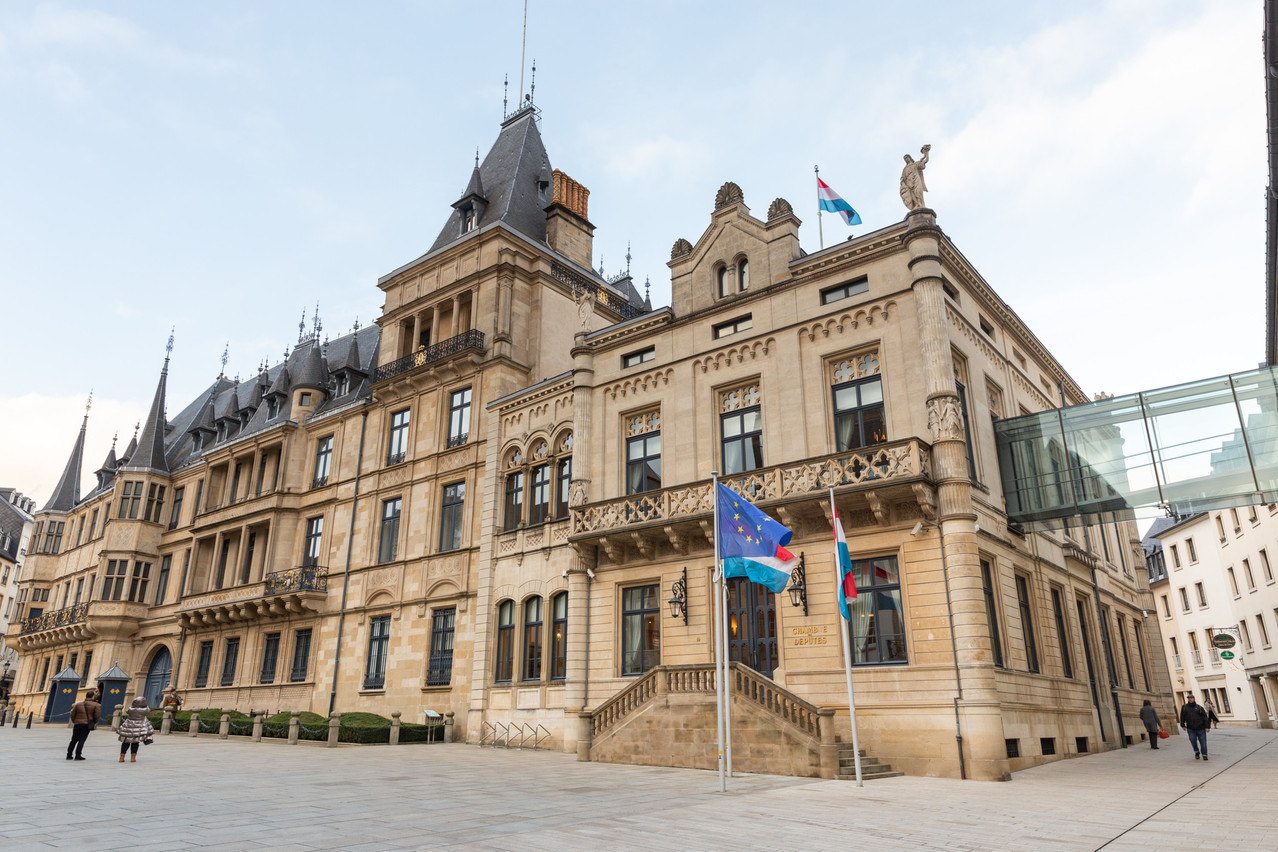Three attempts to trigger a referendum about changes to the grand duchy’s constitution have been launched and the prime minister’s office on Tuesday declared the second one as failed.
Citizens can push for a referendum if they manage to collect 25,000 signatures as part of an official procedure. Changes to Luxembourg’s constitution must be confirmed in parliament by a two-thirds majority and lawmakers must vote on them twice with an interval of at least three months. During this time, voters can launch a request to hold a referendum.
A citizens’ initiative aimed at the first chapter--on Luxembourg’s justice system-- to garner the 25,000 signatures needed from voters, with just 1,652 valid signature collected. The second round, which hoped for a referendum on to the organisation of the government and the grand duke’s role as head of state, attracted even less interest, with just 964 valid signatures.
A public ballot had been promised in the 2018 coalition agreement but was then shelved after the reform. Under previous plans, a completely new text was supposed to be put to a vote in parliament and then voters. But party-political squabbles in 2019 meant that the majority parties--the DP, LSAP and déi Gréng that together hold just 31 seats in parliament--would have failed to secure the necessary votes. In a compromise, the reform was broken down into four chapters.
An initiative for a referendum on the third batch of and liberties--for example enshrining the right to start a family, children’s rights, animal rights, human dignity and a commitment to combat climate change--was launched in March and the collection of signatures is ongoing.
Parliament is yet to vote on the final round of changes, which will tackle the governance of the Council of State and Chamber of Deputies.
